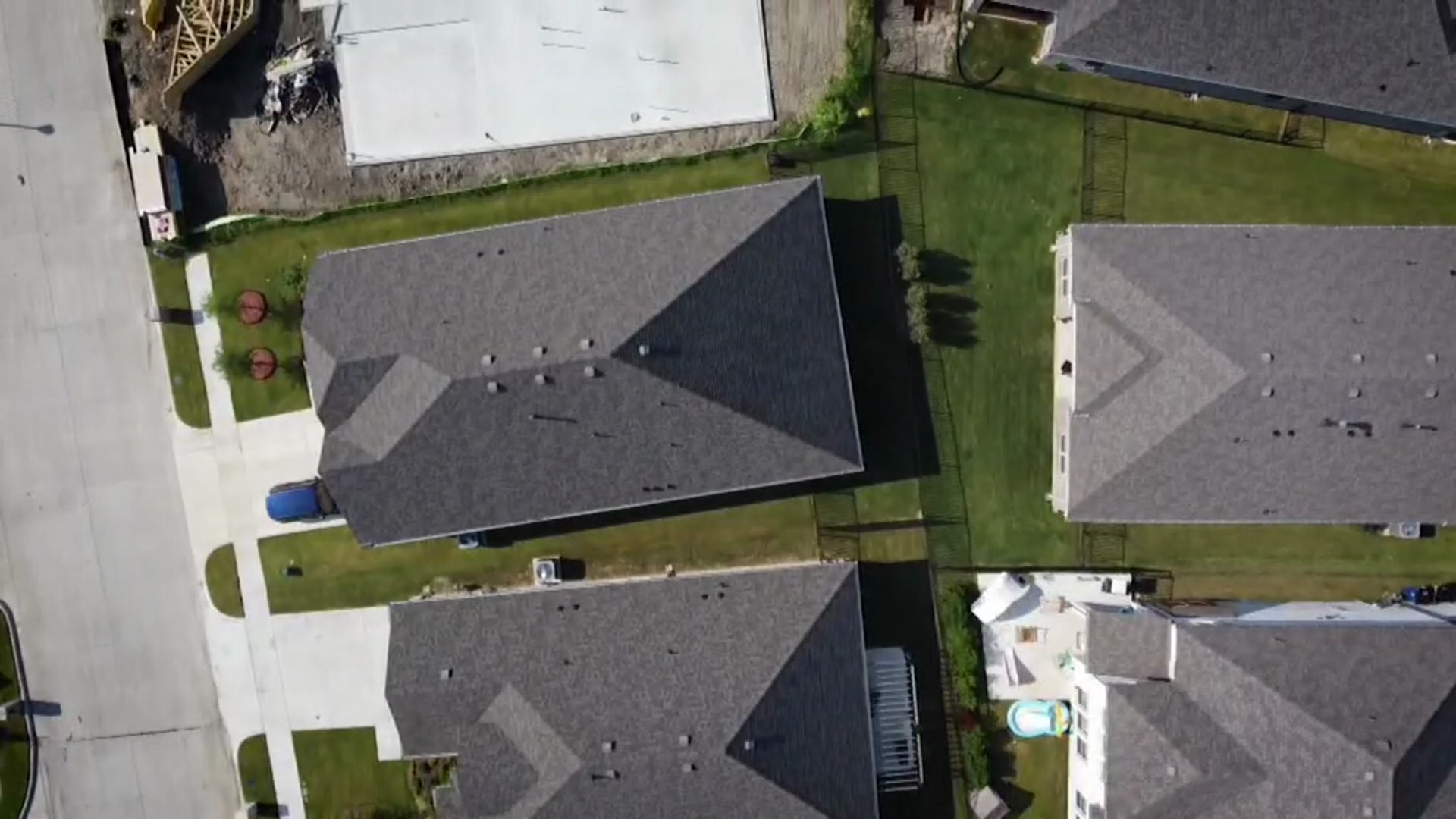The battle over residential short-term rentals (STR) that’s been simmering for more than two years in Dallas received a public hearing before the City Council Quality of Life Committee Monday.
The giant signup of 130 speakers for the public hearing demonstrated just how contentious the issue is.
The first speaker was opponent Olive Talley who is a leader among homeowners demanding that STR’s be outlawed in residential neighborhoods.
“I am appalled at the lack of integrity in this process and how the city has stonewalled many of us,” she said. “It’s mind-blowing to see the lack of transparency, the conflicts of interest, the bad data and the utter refusal to learn from the mistakes of other cities.”
Get DFW local news, weather forecasts and entertainment stories to your inbox. Sign up for NBC DFW newsletters.
She was followed by Marisol Timm, an STR owner.
“I represent hundreds of Dallas area hosts who are committed to responsible hosting to sites such as Airbnb and Vrbo. We love our city. We love our community and we want to share it with guests from all over,” Timm said. “I agree that regulation is necessary to weed out the party houses and the bad hosts, but I ask you to be sensible for the sake of the responsible hosts and the communities they support.”
Committee Chairman Adam Bazaldua was charged by Mayor Eric Johnson with moving the debate over STR regulations forward.
Bazaldua said the committee will reconvene next month to review the input received Monday and discuss recommendations from the latest STR task force.
The recommendations call for licensing and regulations with fees to cover 100% of the cost for such a program.
Occupancy would be limited to three adults per bedroom of a dwelling. On-site advertising as a short-term rental would be forbidden. Off-street parking would be required and noise would be restricted with Dallas regulations already in place. Emergency contact information would be required for guests at the dwelling and for neighbors within 100 feet.
Local
The latest news from around North Texas.
Bazaldua’s remarks Monday indicate a total ban on STR’s in residential areas is not his preferred option.
“What I want to do more than anything is make sure we address the concerns equitably and responsibly. That allows for the opportunity for us to continue to grow economically as a city and for us to continue to improve the quality of life for the residents of Dallas,” Bazaldua said.
Airbnb and Vrbo list thousands of Dallas area rentals.
STR’s have become competition for hotels and motels and STR’s are supposed to collect and pay hotel taxes.
Officials say many STR’s are not registered with the City of Dallas.
Retired teacher Barnett Lewis said his STR’s are registered.
“It supplements my retirement income and enables me to pay my exorbitant property taxes,” he said.
Some speakers Monday insisted that zoning laws should already outlaw the commercial use.
“Residential zoning here, commercial zoning there. It's a bond that the Dallas homeowners have counted on for almost 100 years,” resident Norma Minnis said.
Neighbors of one Oak Cliff home said more than a dozen cars lined the streets outside for a big party held Friday night.
“Families can’t compete with deep pockets of STR corporations and their lobbyists. We’re suffering the onslaught of violent instability and disturbance of these hotel operations,” opponent Melanie Vanlandingham said.
Opponents complain that the task force making recommendations was stacked with STR supporters.
“Three industry representatives on the task force violates the Dallas ethics code. Can you say conflict of interest?” opponent Greg Estell said.
STR supporters say they are providing a public service that benefits neighbors and Dallas visitors.
“And they're people like you and I, the traveling nurses, in-laws in town for the weekend, families relocating,” supporter Megan Belmore said.
City Council members have been unable to reach a conclusion on the issues and they differed Monday on how much time each speaker should be given to share views.
Councilman Omar Narvaez said it should be two minutes instead of one minute each.
With 130 people signed up in advance, Bazaldua said it would double the amount of time required and run over into the next scheduled meeting in the city council chambers.
“I appreciate the request. Logistically it's just not feasible,” Bazaldua said.
With passion running high, any Quality of Life Committee recommendation would go to the full Dallas City Council and another round of public input before a final decision.



